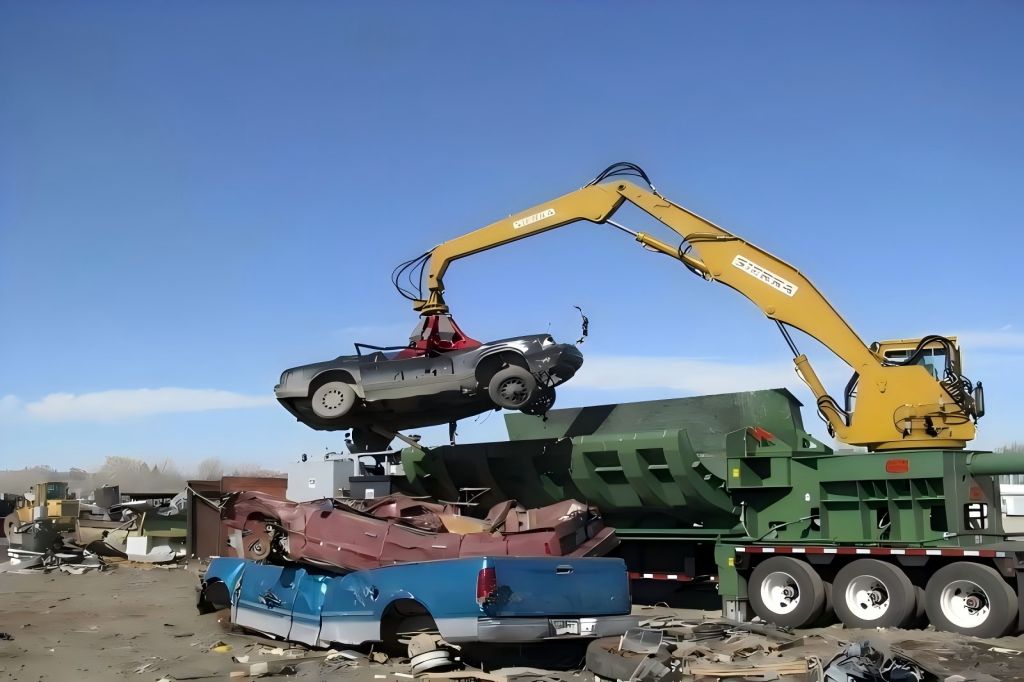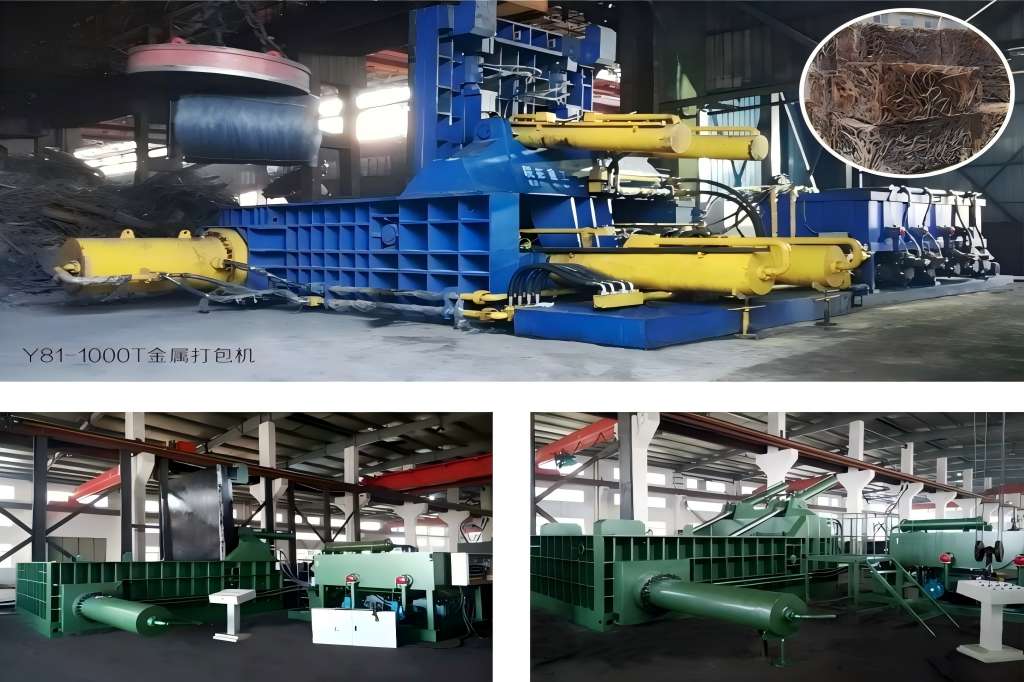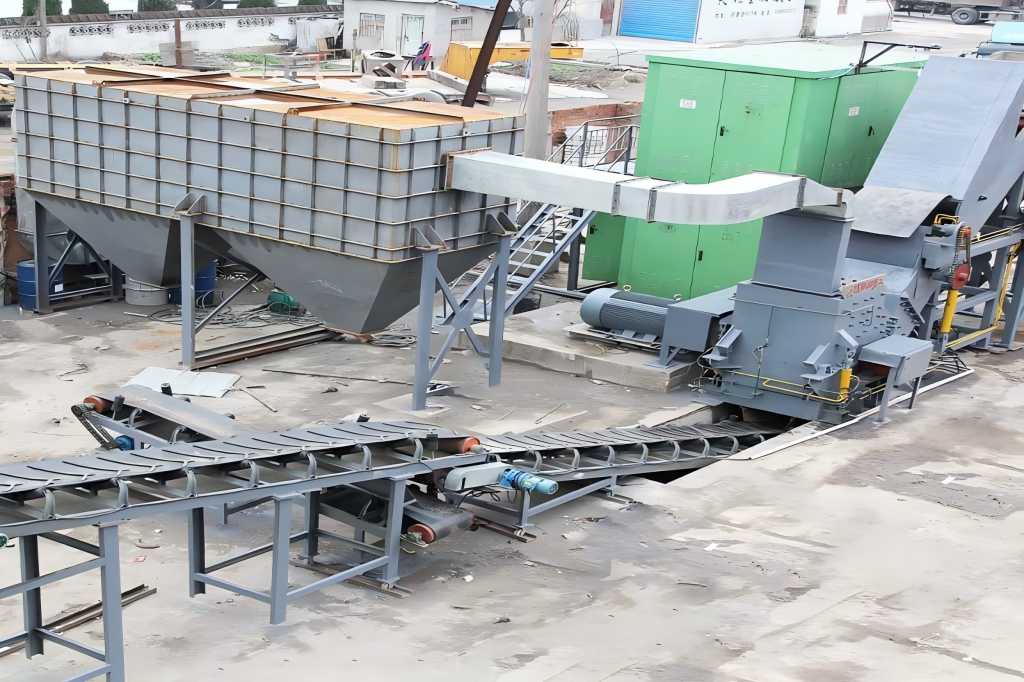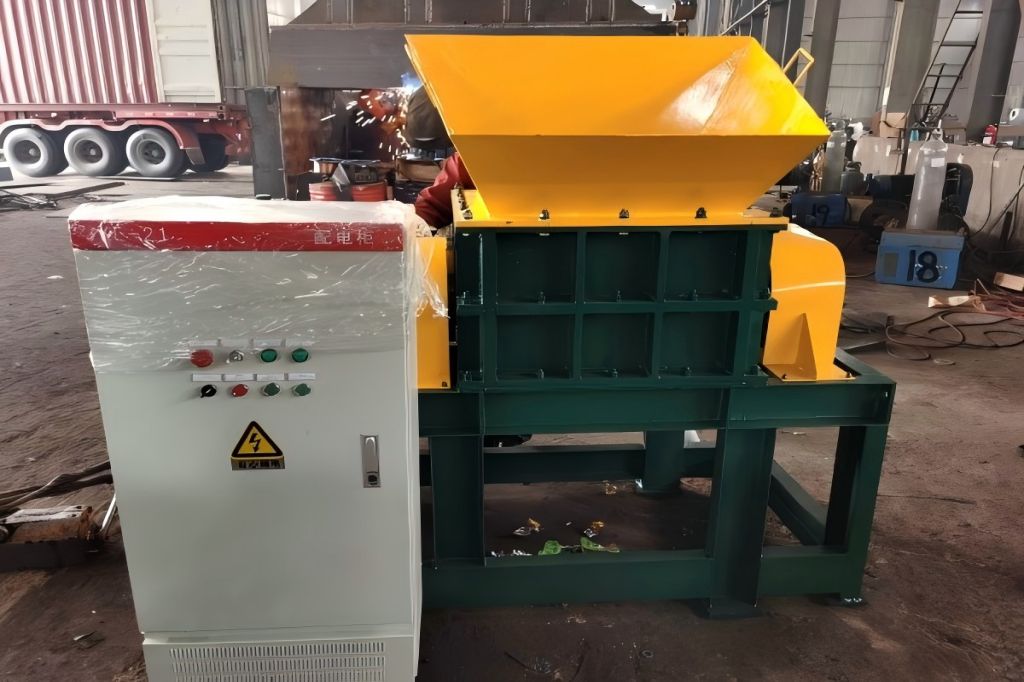The global automotive recycling landscape is undergoing a significant transformation, with Southeast Asia, the Middle East, and the European Union (EU) emerging as key players in driving demand for advanced car balers.
As sustainability becomes a focal point, these regions are reshaping the industry through regulatory initiatives, technological advancements, and increased awareness of recycling’s environmental and economic benefits.
Market Drivers: Regional Highlights
Southeast Asia
Southeast Asia is rapidly becoming a hub for automotive recycling due to urbanization and the surge in vehicle ownership. With over 90 million vehicles projected to reach end-of-life status in the region by 2030, the demand for efficient car balers has skyrocketed. Nations like Indonesia and Thailand are implementing stricter waste management policies, incentivizing industries to adopt modern recycling technologies.
Thailand’s “National Recycling Strategy”, for instance, has spurred a 25% increase in car baler installations over the past three years. The strategy’s emphasis on waste reduction and resource reuse is in line with the objectives of the global circular economy. Foreign investments have also played a crucial role, with several multinational companies setting up automotive recycling plants equipped with state-of-the-art baler technologies.
Middle East
The Middle East, with its high vehicle turnover rates and growing focus on green initiatives, has become a hotspot for automotive recycling. Saudi Arabia’s Vision 2030 has allocated significant resources to sustainability projects, including advanced recycling facilities. Between 2020 and 2025, the region’s automotive recycling capacity is expected to grow by 40%, driven by the adoption of advanced car balers.
In the UAE, the automotive recycling sector has seen a 15% annual growth rate, spurred by government-backed programs promoting efficient waste management. Advanced car balers, capable of handling diverse materials and producing compact bales, are central to these efforts. The introduction of mobile balers has further enhanced operational efficiency in the region’s recycling facilities.
European Union
With its automobile recycling sector setting international standards, the EU remains at the forefront of environmental sustainability. Advanced automobile baler technologies are being used as a result of the End-of-Life Vehicles (ELV) Directive, which requires that 95% of a vehicle’s content be recycled or reused. In 2025, the EU’s automotive recycling market is projected to surpass $30 billion, supported by innovative baler systems that enhance material recovery rates.
Germany and France are at the forefront of this movement, with recycling plants utilizing AI-integrated balers to optimize operations. These machines not only ensure compliance with stringent regulations but also enhance profitability by maximizing resource recovery.
Technological Advancements in Car Balers
Automation and AI Integration
The integration of automation and AI has revolutionized car baler operations. AI-driven systems can sort materials with precision, reduce human intervention, and optimize bale density, increasing recycling efficiency by up to 35%.
Mobile and Modular Designs
The demand for mobile and modular balers has surged, especially in regions with decentralized recycling operations. These designs are adaptable and scalable, meeting a range of industrial requirements.
Sustainability Features
Energy-efficient motors, reduced emissions, and the ability to recycle complex materials are becoming standard features in advanced car balers. These innovations appeal to eco-conscious consumers because they support global environmental goals.
Enhanced Durability and Capacity
Modern balers are built to handle high volumes of end-of-life vehicles. Enhanced durability ensures longer operational lifespans, while increased capacity meets the growing demands of large-scale recycling facilities.
Key Data Insights
- Global Market Growth: The global car baler market is projected to grow at a compound annual growth rate (CAGR) of 7.8% from 2023 to 2030, reaching a market value of $12.5 billion.
- Regional Shares: Southeast Asia, the Middle East, and the EU collectively account for 48% of the global car baler market, with the EU holding the largest share at 22%.
- Investment Trends: Over $5 billion has been invested in advanced car baler technologies across these regions in the past five years.
- Environmental Impact: The adoption of advanced balers has reduced landfill contributions from end-of-life vehicles by 30% in the EU and 20% in Southeast Asia.
Challenges and Opportunities
Challenges
- High Initial Costs: Advanced car balers require significant upfront investments, which can deter smaller recycling facilities. Government subsidies and financing options are crucial to overcoming this barrier.
- Regulatory Complexity: Varying environmental and recycling regulations across regions pose challenges for manufacturers and operators, necessitating localized solutions.
- Technological Adaptation: In emerging markets, limited awareness and technical expertise hinder the adoption of advanced balers. Awareness-raising efforts and training initiatives can close this gap.
Opportunities
- Partnerships and Collaborations: Governments, businesses, and IT companies working together can hasten the adoption of cutting-edge recycling solutions.
- Innovative Product Development: Continuous innovation in baler design and functionality can open new markets and applications.
- Sustainability Goals: The growing emphasis on sustainability presents immense opportunities for manufacturers to align their products with global environmental objectives.
Key Players Driving Growth
Several companies are at the forefront of the car baler market, leveraging cutting-edge technologies and strategic partnerships to expand their footprint:
- Jiangyin Unite Top Heavy Industries: Renowned for its high-performance balers, the company is focusing on Southeast Asia and the Middle East with cost-effective, durable solutions.
- Sennebogen: A European leader, Sennebogen’s balers are tailored to meet the EU’s stringent recycling standards, combining efficiency with innovation.
- Lefort: With a strong presence in the Middle East and the EU, Lefort specializes in mobile balers, catering to diverse operational needs.
Future Outlook
As the world prioritizes sustainability, the car baler market is poised for exponential growth in 2025. With Southeast Asia, the Middle East, and the EU leading the way, advanced recycling technologies will continue to shape the future of automotive waste management. The combination of technological advancement, regulatory backing, and environmental awareness guarantees a prosperous market trajectory.




